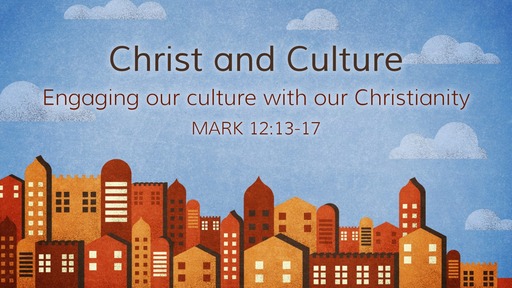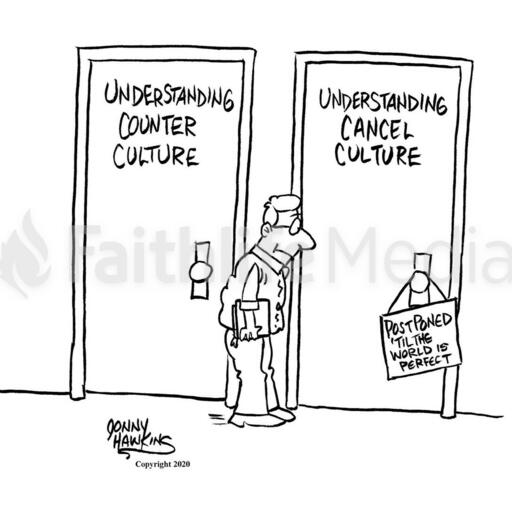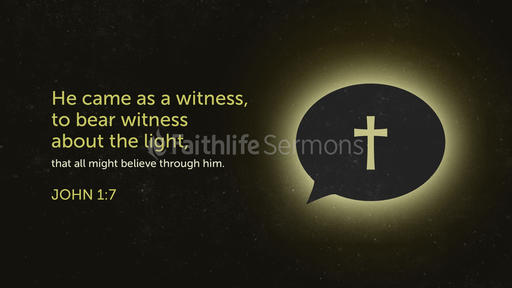Christ and Culture

How do Christians engage the culture around them? Are we called to stand against it? To fit completely into it? Or to transform it? These three models of interaction have been advocated by various groups over the centuries, but which one is best, or is there some other approach which governs how we interact with the world? Join Graham, Stephen, and Malcolm, along with the people of Renew, to explore this important, but complex topic.
Christ transforming Culture
Discussion time
Conclusions
To pursue with a passion the robust and nourishing wholeness of biblical theology as the controlling matrix for our reflection on the relations between Christ and culture will, ironically, help us to be far more flexible than the inflexible grids that are often made to stand in the Bible’s place.
In addition to close exegesis of a wide range of biblical texts, we need to think through how they fit into the great turning points of redemptive history, into the massive movement from creation to the new heaven and the new earth, with critical stops along the way for the fall, the call of Abraham, the rise and fall and rise again of Israel, the coming of the promised Messiah, his teaching, ministry, death, and resurrection, the gift of the Spirit and the birth of the church. Nor can we ignore great theological structures, including the Trinitarian nature of the Godhead, all that the cross achieves, and the unavoidable implications of New Testament eschatology with its unyielding combination of inaugurated and future eschatology.









